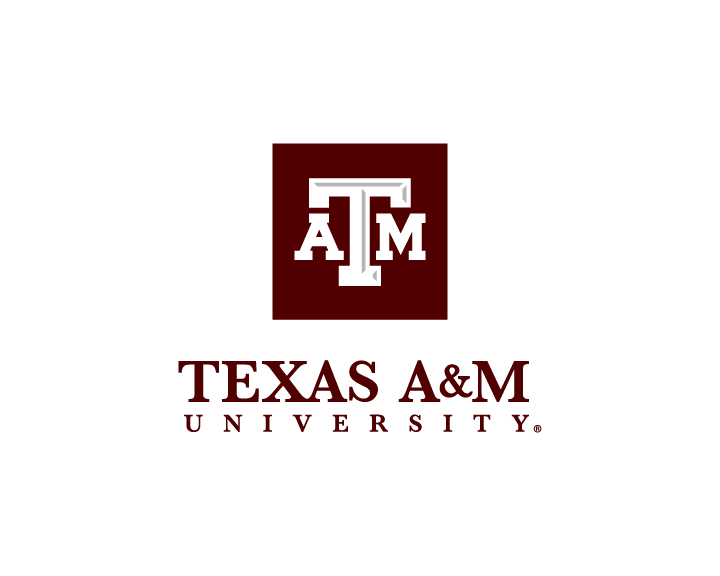Texas A&M: New Inhaled Therapeutic Shows Promising Results Against Most Known Respiratory Infections
There’s a new drug in development that could prevent the next global pandemic. Researchers at the Texas A&M University Health Science Center (Texas A&M Health) and University of Texas MD Anderson Cancer Center are testing PUL-042, an inhaled therapeutic that provides broad protection against a range of life-threatening respiratory infections.
Results from a recent phase 2 clinical trial conducted through Houston-based biotechnology company Pulmotect, Inc. showed that it may be an effective treatment for COVID-19 and other respiratory illnesses. Patients in the trial treated with inhaled PUL-042 showed improvement in cough and shortness of breath more quickly than those who received a placebo treatment. They also experienced fewer hospitalizations and intensive care admissions.
Inhaled PUL-042 stimulates the lungs’ innate immune system, protecting against a wide variety of respiratory pathogens. The scientists behind it think PUL-042 could be directed against all existing and future variants of the COVID-19 virus, as well as future pandemics. Based on the promising results from this trial and remarkable activity in pre-clinical models, PUL-042 also has potential for use in other patient populations.
“We have not found a virus PUL-042 cannot work against in the lungs, in animal studies,” said Dr. Colin Broom, CEO of Pulmotect. “As an easily administered inhaled therapy, PUL-042 could have value in reducing the impact of COVID-19 irrespective of the development of further variants. It also has potential utility for other patient populations which we plan to explore, including immunosuppressed cancer patient.”
The innate immune system is the body’s first line of defense against invading pathogens. When germs and foreign substances enter the body, the innate immune system responds quickly to fight them off. PUL-042, the first drug in its class, is composed of two small synthetic molecules and works by stimulating specific innate immune receptors in the lung lining within minutes. Protection only lasts for about three to five days, but it can be repeatedly administered once every few days.
PUL-042 was discovered by Magnus Hӧӧk, regents and distinguished professor at the Texas A&M Health Institute of Biosciences and Technology, and Dr. Burton Dickey, chair of the pulmonary department at MD Anderson Cancer Center.
“The lungs are the point of entry for many viruses and bacteria. By activating the innate immune defense of the lungs, PUL-042 can provide effective protection against a wide range of deadly pathogens,” Hӧӧk said. “We believe that if we had this therapy available in December of 2019, we could have prevented the COVID-19 pandemic and avoided the 6 million lives lost.”
The Food and Drug Administration approved Pulmotect to begin two human clinical trials of PUL-042 last year, one focused on protection and another on treatment for COVID-19. Funding support for the trials was provided by the U.S. Department of Defense.

